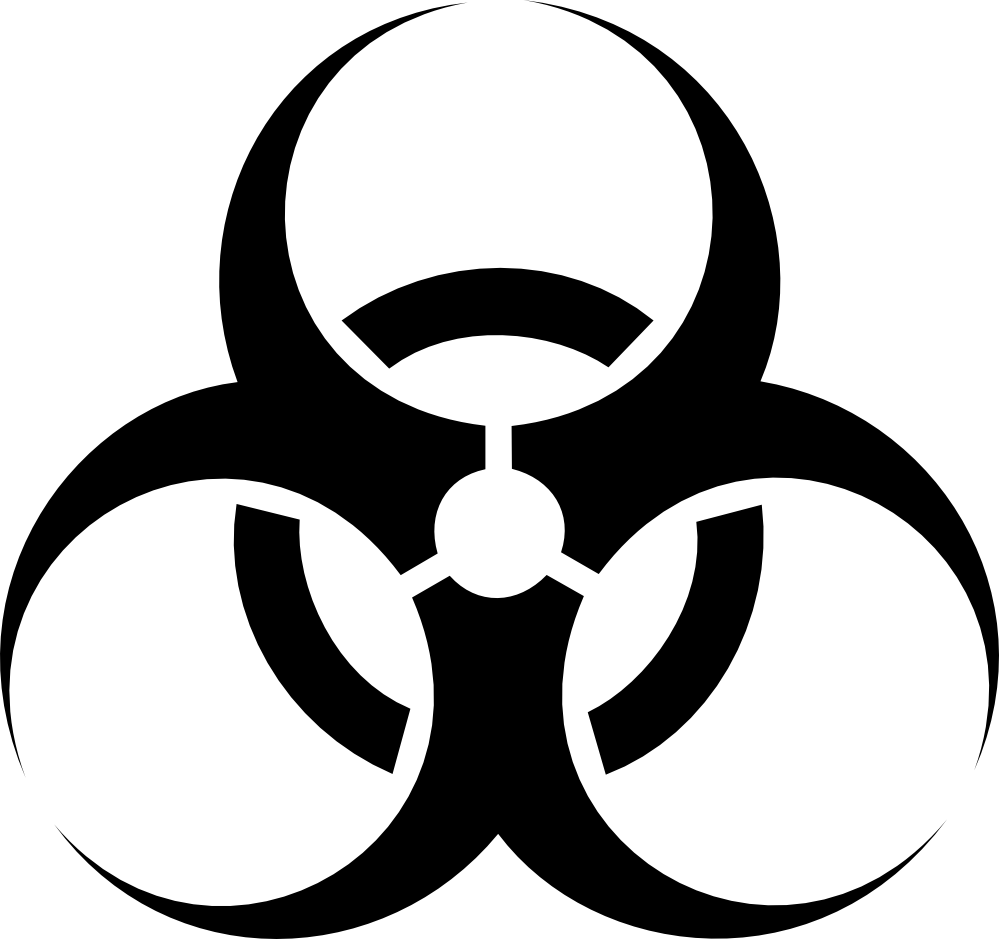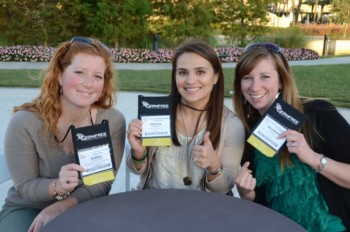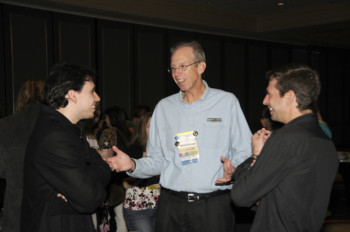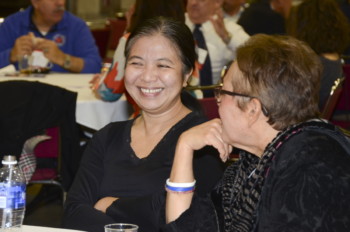Who We Are
ABSA International (ABSA) was founded in 1984 to promote biosafety as a scientific discipline and serve the growing needs of biosafety professionals throughout the world. Its goals are to provide a professional association that represents the interests and needs of practitioners of biological safety, and to provide a forum for the continued and timely exchange of biosafety information.
ABSA International accomplishes these goals by:
- publishing and distributing a quarterly journal, Applied Biosafety and a number of other biosafety publications,
- conducting an Annual Biosafety and Biosecurity Conference to keep members informed of current biosafety issues and regulatory initiatives. The conference is preceded by a selection of biosafety professional development courses geared at the beginner and advanced levels.
Core Purpose
ABSA International is dedicated to promoting and expanding biosafety and biosecurity expertise.
Core Organizational Values
- Leadership for the profession
- Collaboration and community
- Promotion of biosafety as a scientific discipline
- Absolute integrity
- High standards of excellence
Inclusion Statement
In alignment with our core organizational values, ABSA International (ABSA) encourages positive connections between biosafety professionals, scientists, governmental/
Ethics Statement
Members of ABSA International (ABSA) are expected to conduct themselves in an ethical manner as they practice their profession. ABSA members should:
- Maintain personal integrity and act responsibly to uphold the integrity of the profession.
- Avoid situations, and actively work to prevent occurrences presenting a conflict of interest or that will compromise professional judgement.
- Provide biological safety services only in areas of competence.
- Follow recognized biological safety guidelines and standards as set forth by established professional groups or local, state and federal governmental agencies, centers, or institutes, in performing work in biological safety.
- Provide information regarding potential risks to employee or environmental health and precautions needed to avoid adverse effects.
- Maintain confidentiality regarding services provided.
Membership
- Individual
- Student
- Corporate
- Government Agency
- University Group
By being an ABSA member, I don’t feel “alone” in biosafety. Whether it’s through my ties to the PPB instructor group or through the connection to the broader biosafety community that ABSA encompasses, I know that I can always get help on just about any biosafety issue with just a call, email, or text message. -ABSA member
Being an ABSA member has enabled me to have collaborative input into initiatives (such as the ANSI standard on BSL-3 ventilation performance verification) that have significant impacts on biorisk management. -ABSA member
image sources
- 11_Networking02: Owned by the author
- 15Networking04: Owned by the author
- 15_ppl03: Owned by the author
- 16_Networking9548: Owned by the author








